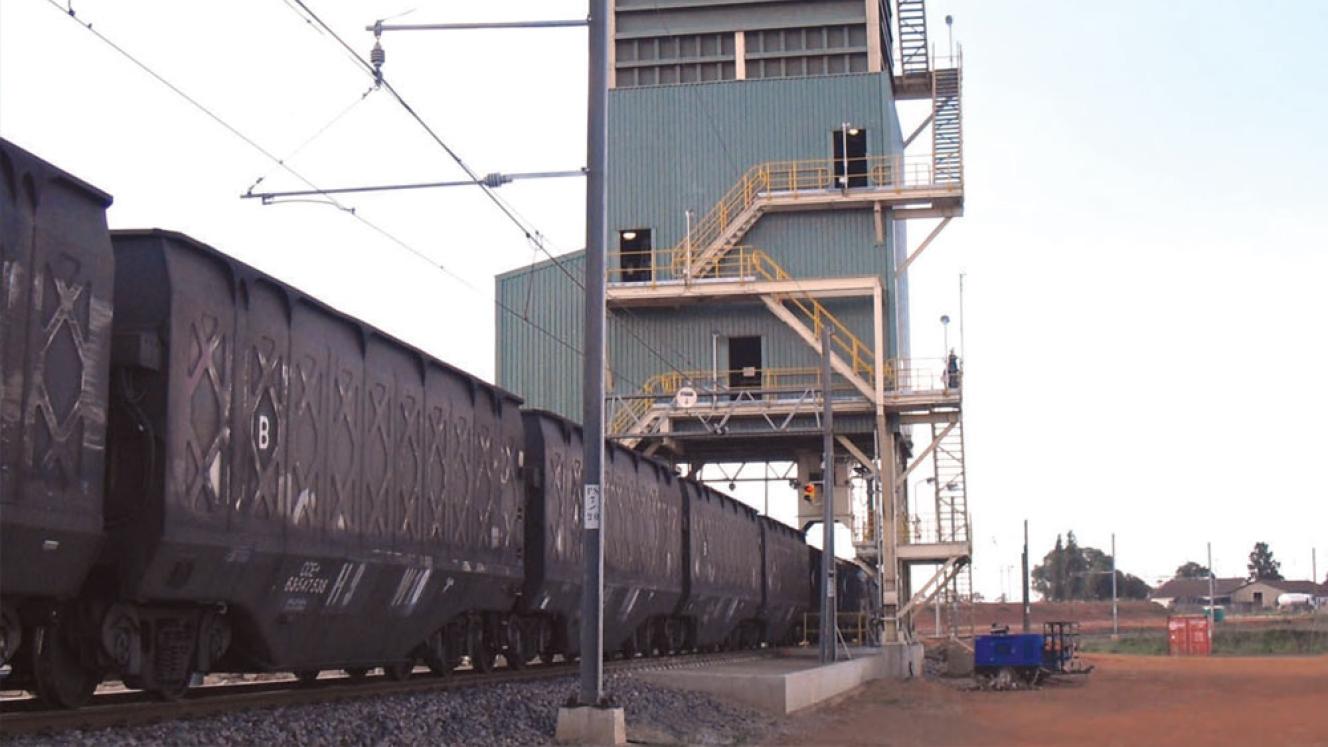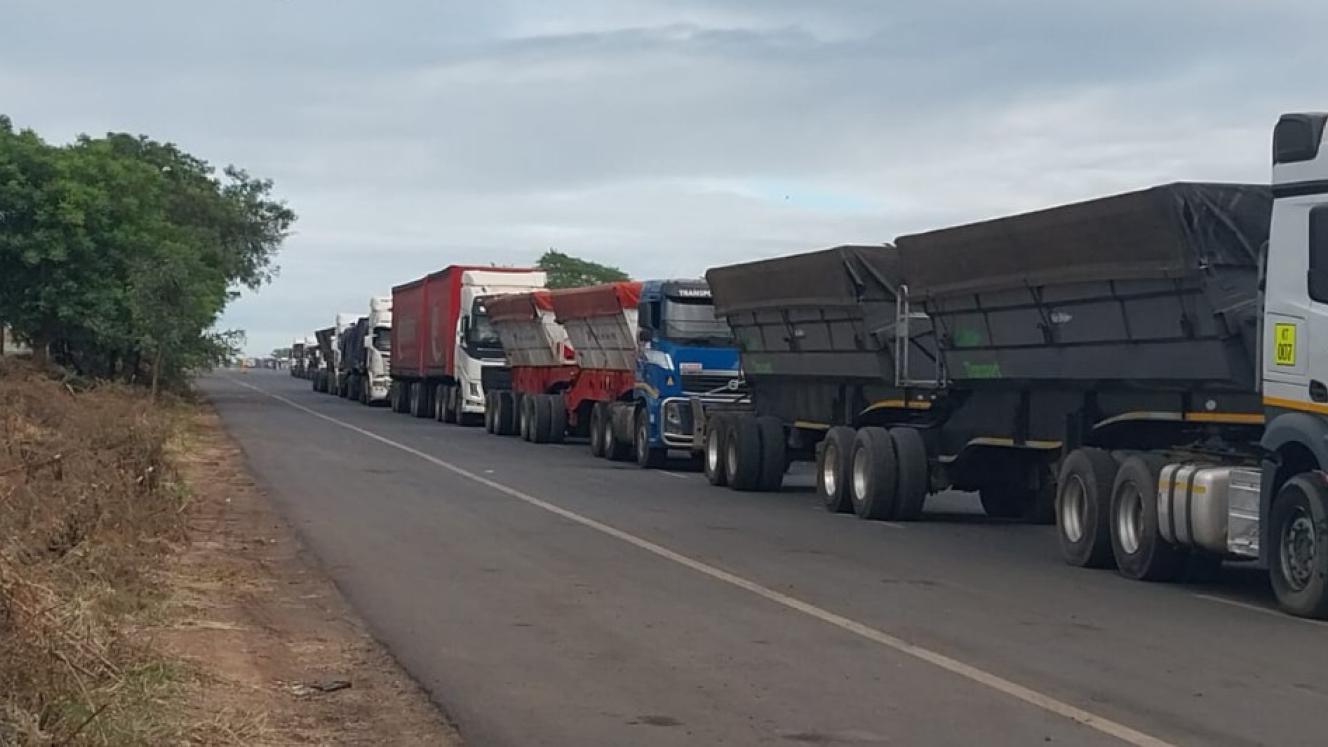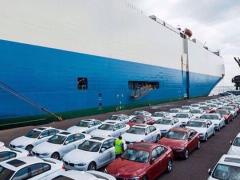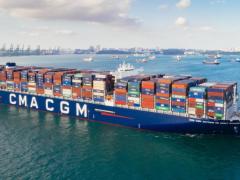A bulk-over first for emerging miners (EM) will see Transnet Freight Rail (TFR) and Hotazel extractor, Kalagadi Manganese Resources, collaborate to extend the rail and port capacity for EM operators by an additional two million tonnes per annum (MTPA).
Currently EM operators have a capacity allocation of two MTPA, but lack of access to rail freight facilities have scuppered their chances of utilising this allocation.
However, last week’s announcement at the ‘Investing in Africa Indaba’ in Cape Town seeks to rectify the inability of EMs to tap into TFR’s capacity extension.
Henceforth, through the facilitation of Kalagadi, emerging miners will have access to a rapid load-out station, said to be three times as fast as current train turnaround facilities.
Use of Kalagadi’s state-of-the-art station at the extractor’s mine farm in the Northern Cape province will be on the basis of an independent common-user principle, and will remove the previous problem of lack of access to operational capital faced by EM operators.
By reducing turnaround times from about 12 to four hours, it is hoped that emerging miners will be properly enabled to make use of the new MTPA allocation.
TFR chief commercial officer, Bonginkosi Mabaso, said the partnership had been necessitated by attempts over several years to usher EM operators into export markets.
“Even with this effort, the mining sector remains one of the most untransformed sectors in the South African economy,” he said.
EMs still accounted for 0% of exports of iron ore, he added.
For the coal and manganese sectors these respective throughput volumes were 5% and 12.5%, Mabaso said.
“For this reason, Transnet has taken a deliberate decision to focus on its enablement processes for emerging miners. As such, Transnet has made available an additional two million tonnes to emerging miners, which will see growth of 100% of overall capacity allocated to emerging miners, from the current two million tonnes to four million tonnes.”
Rollout of the new MTPA allocation will coincide with the expiry of current export contracts, offering EMs expanding allocation potential from April 1.













